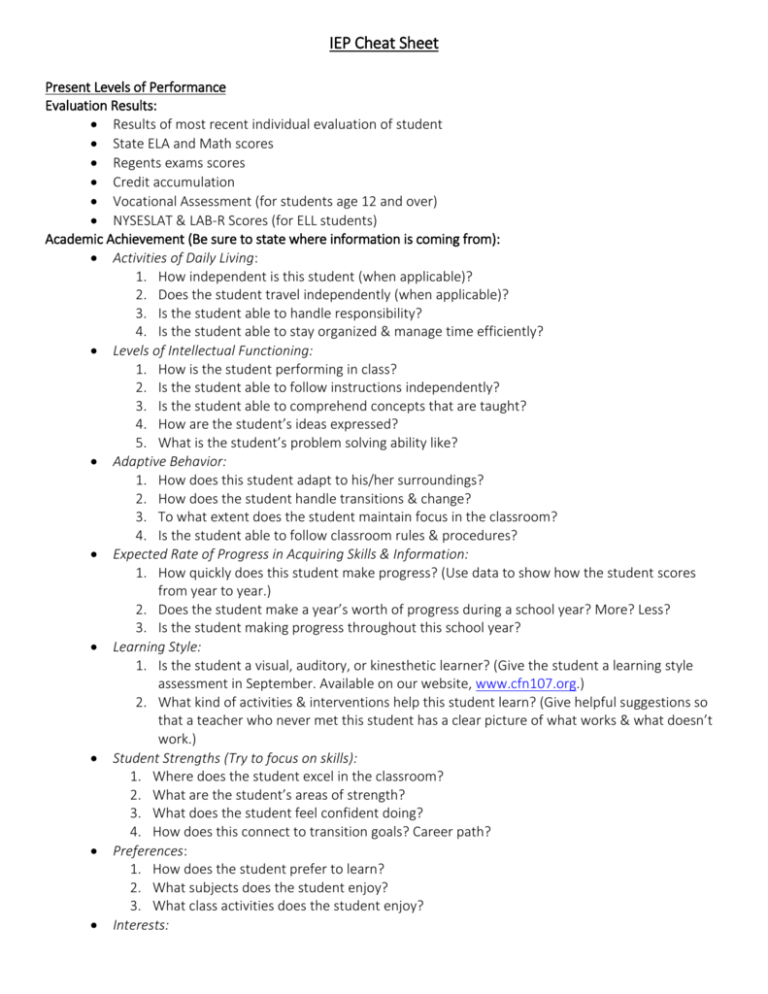



These sample IEP goals address the root issues connected to emotional control – but may also be effective goals for other executive functioning skill areas as well. For example, demonstrating problem behaviors (like aggression) is something that is often tied to deficits in planning and organization as well. Improving skills in emotional control often involves targeting other executive functioning skills. He frequently engages in negative thoughts or actionsĪny of these areas may demonstrate a need for increased emotional control skills.He struggles to bounce back after a setback.She overreacts or demonstrates aggressive behavior when angered.She regularly gets in trouble for blurting out, being hyperactive, or being out of her seat.Your child might struggle with emotional regulation if any of the following are true: Without proper emotional control, it’s all too easy for a person to fall victim to problems such as self-injury or self-harm, aggression, procrastination, work avoidance, or even alcohol abuse. Sometimes referred to as emotional regulation, emotional control refers to how well we manage and respond to emotional experiences in the environment – some of which can be incredibly triggering.Įmotional regulation can impact academic achievement, mental health, peer-to-peer and student-teacher relationships, school readiness, career success, and more.
Iep writer how to#
Understanding how to control our emotions is vital if you want to be successful, both in your personal, professional, and academic lives. We all get angry and frustrated from time to time – but knowing how to deal with our emotions properly is essential. Further Reading What is Emotional Control?


 0 kommentar(er)
0 kommentar(er)
